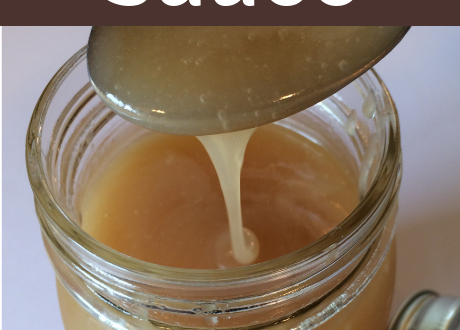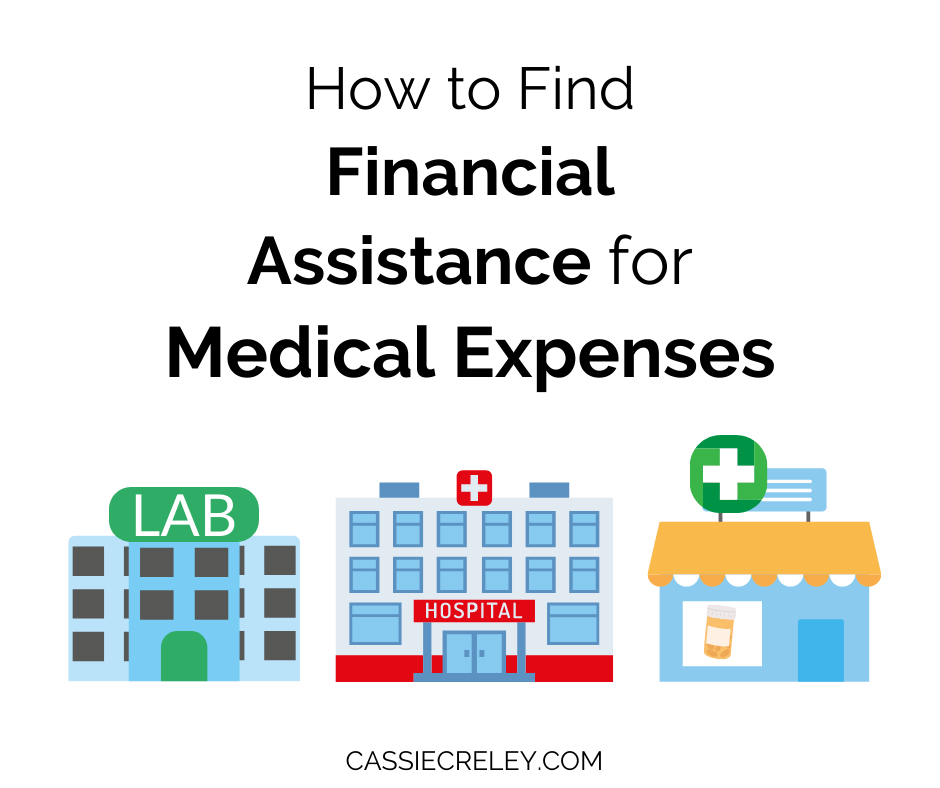
How to Find Financial Assistance for Chronic Illness Expenses
Did you know that patients with chronic illness can apply for grants to help with medical expenses? Me neither! I’m going to share about several organizations that provide medical grants and financial assistance.
I can’t believe I’ve been seriously ill for over six years and am just now hearing something like this exists! I thought medical grants were something only doctors or researchers could apply for.
These programs may be able to help with costs like copays, insurance premiums, prescription costs, and more.
I want to share what I learned in the hopes that I can help other chronically ill patients.
My Search for Financial Assistance for Chronic Illness
If you’ve followed my blog for awhile, you’ll know I have a history of cancer and have been diagnosed with chronic conditions including a form of Dysautomia called POTS, fibromyalgia, autoimmune disease, ME/CFS, and more. (You can read more of my story here. I also shared more of my story in an interview recently.)
This summer I found myself in need of financial support in order to try very expensive infusion to help with POTS and neuropathy. (While I found funding, the infusion unfortunately caused too many reactions for me to continue. Trial and error is part of many chronic illnesses, especially for ones like conditions like POTS where no FDA approved treatment yet exists.)
Full disclosure: I haven’t received grants from any of these organizations personally. However, I did call them all, and their staff were extremely helpful. (And I’ll talk about an alternative to grants below, which turned out to be the best option for me.)
Some of these organizations I received in a list from a provider, and others were recommended by my insurance. Several staff at the grant organizations gave me the names of other organizations to try. If you’re running into trouble finding an organization that fits your diagnosis, you could ask the below organizations for other places they recommend.
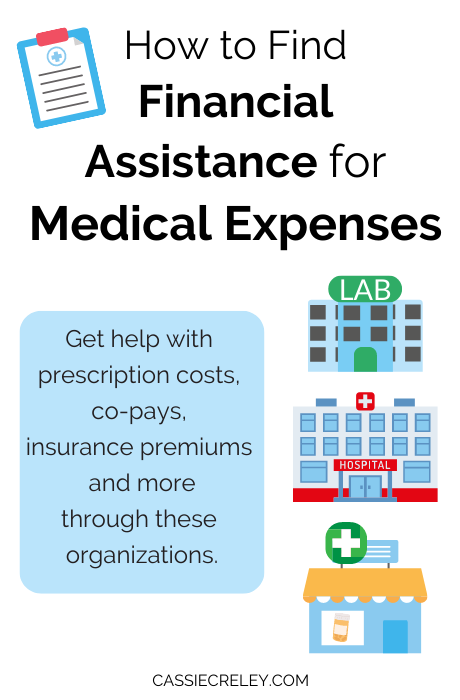
Where to Start with Grant Funding?
When I first started calling grant programs, one of them recommended I touch base with my insurance first to see what grant programs worked with them.
This is the first step I’d recommend: Call your insurance and see where they would recommend you look for grants to help with medical expenses. This will help you make sure you’re only calling places that coordinate with your benefits.
Second, call the organizations to see if they cover your illness or diagnoses. I found knowing ICD codes for several of my illnesses helpful, but they probably won’t be necessary. (PS did you hear there is now an ICD-10 code for POTS in the US?)
Third, if you receive benefits, call and check with Social Security to make sure this won’t impact your benefits.
Organizations listed here may not help with all medical illnesses or be a match for all insurance companies. This is beyond my control, and this post is for informational purposes only. Please contact the organizations directly for more information.
Organizations that Provide Financial Assistance for Chronic Illness
The Assistance Fund
855-845-3663
https://tafcares.org/
Good Days
877-968- 7233
https://www.mygooddays.org/
Healthwell Foundation
800-675-8416
https://www.healthwellfoundation.org/
NORD Patient Assistance Programs (National Organization for Rare Disorders)
1- 800-999-6673
https://rarediseases.org/for-patients-and-families/help-access-medications/patient-assistance-programs-2/
PAN Foundation
1-866-316-7263
https://www.panfoundation.org/
Patient Advocate Foundation’s Co-Pay Relief program
1-866-512-3861
https://copays.org/
Here is a list of other financial assistance programs on NORD’s website.
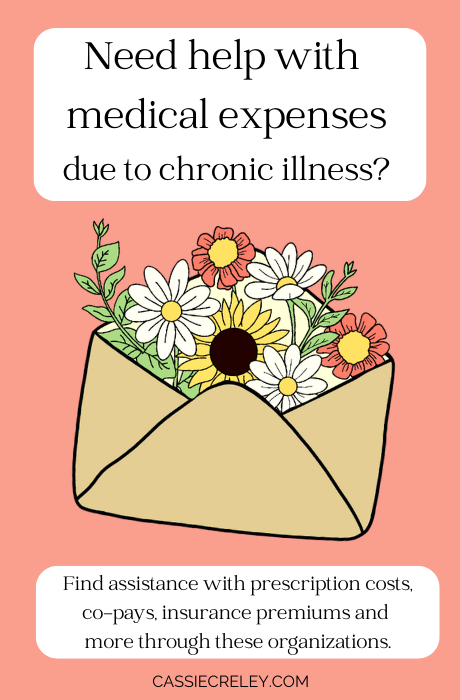
One organization let me know (I’m sorry, I lost the note on which one!) said that if your health condition isn’t covered, you can fill out a form requesting they cover it in the future. This could be a great question to ask if you’re having trouble finding an organization to help.
Also, if you do your own research seeking financial aid, be wary of scams and make sure you are going through trusted organizations. Charity Navigator is a trusted resource for checking into nonprofits.
Finally, if you’re unable to find grants, you may want to consider fundraising.
I didn’t find any grants that I was eligible for, but I was referred to a fundraising organization that I have been getting help through. I’ll share more about it in my next post: My Experience Fundraising for Medical Expenses. I don’t want to keep you in suspense until then if you have medical expenses, so before my review is posted, feel free to check out Help Hope Live for yourself.
If you’ve been helped by this blog and would like to help me keep it running, I greatly appreciate all donations to my Help Hope Live fundraiser to help with my ongoing medical treatments. For anyone interested in checking it out, my fundraiser can be found here. Currently, my blog costs significantly more to run than I make back in affiliate marketing, so every little bit helps and is deeply appreciated!
Did you find this information useful? Did you know about medical grants like this?
If you know someone who may be in need of help with medical bills, please feel free to share this blog post with friends or via social media!
You never know who needs a helping hand and could benefit!
Want to get updates when I share new posts, including my next post about my experience fundraising?
You can sign up for my newsletter here. You’ll also gain access to my free printable gallery.
Get the newsletter:
Pin it:
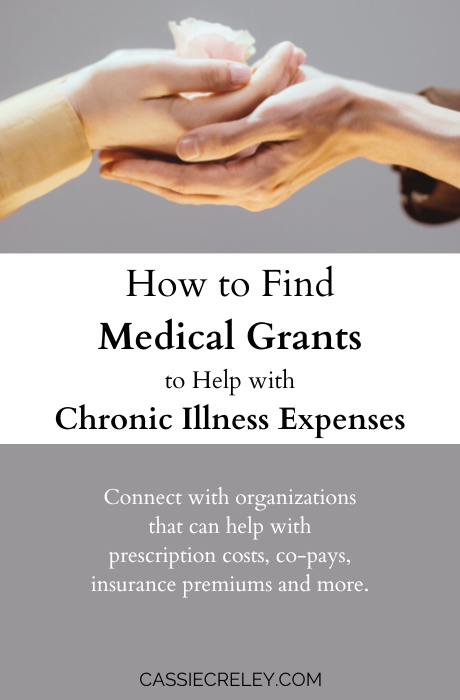
You may also like:
Flexibility is Key—Creating with Chronic Illness
Why To Use Natural Skin Care Products If You Have A Chronic Illness
Create a Laughter as Medicine Kit


